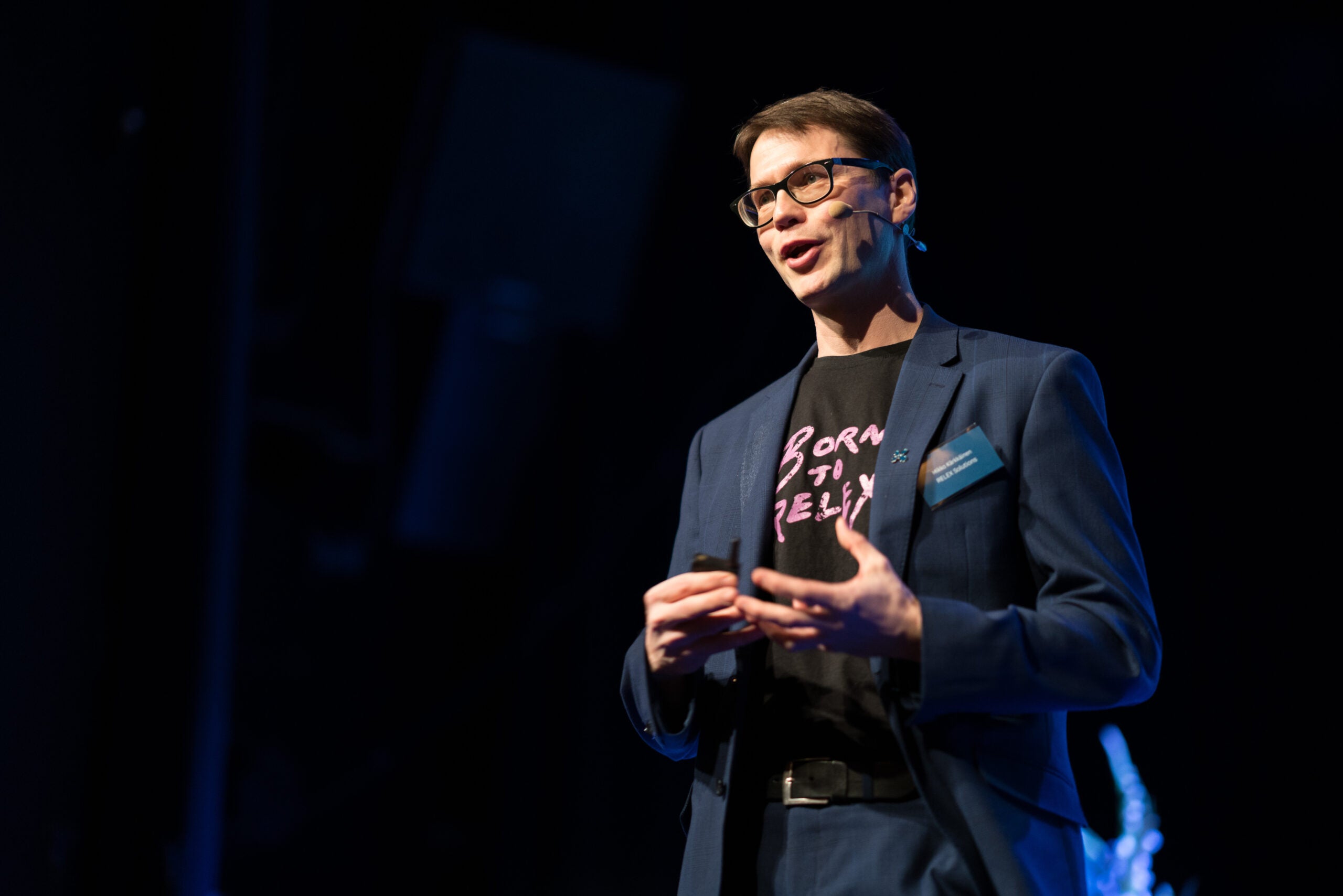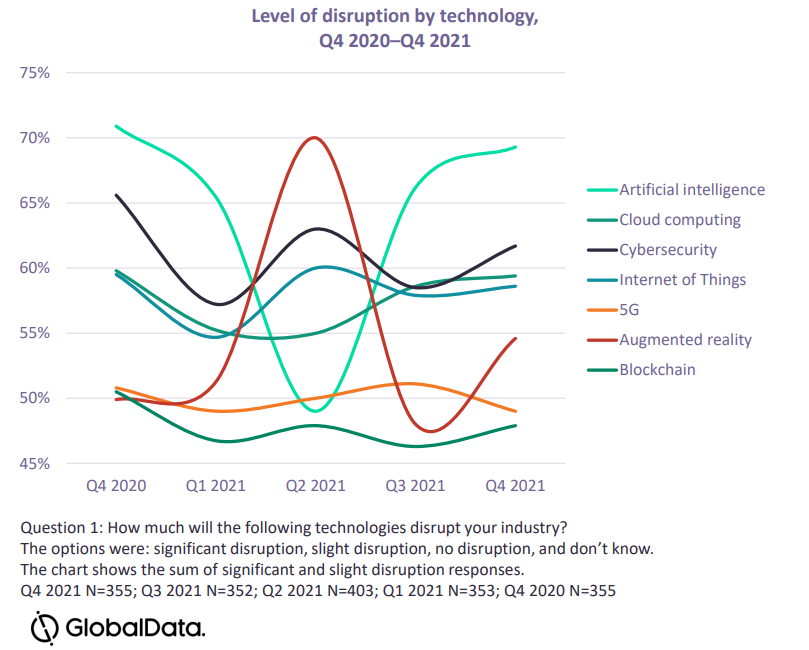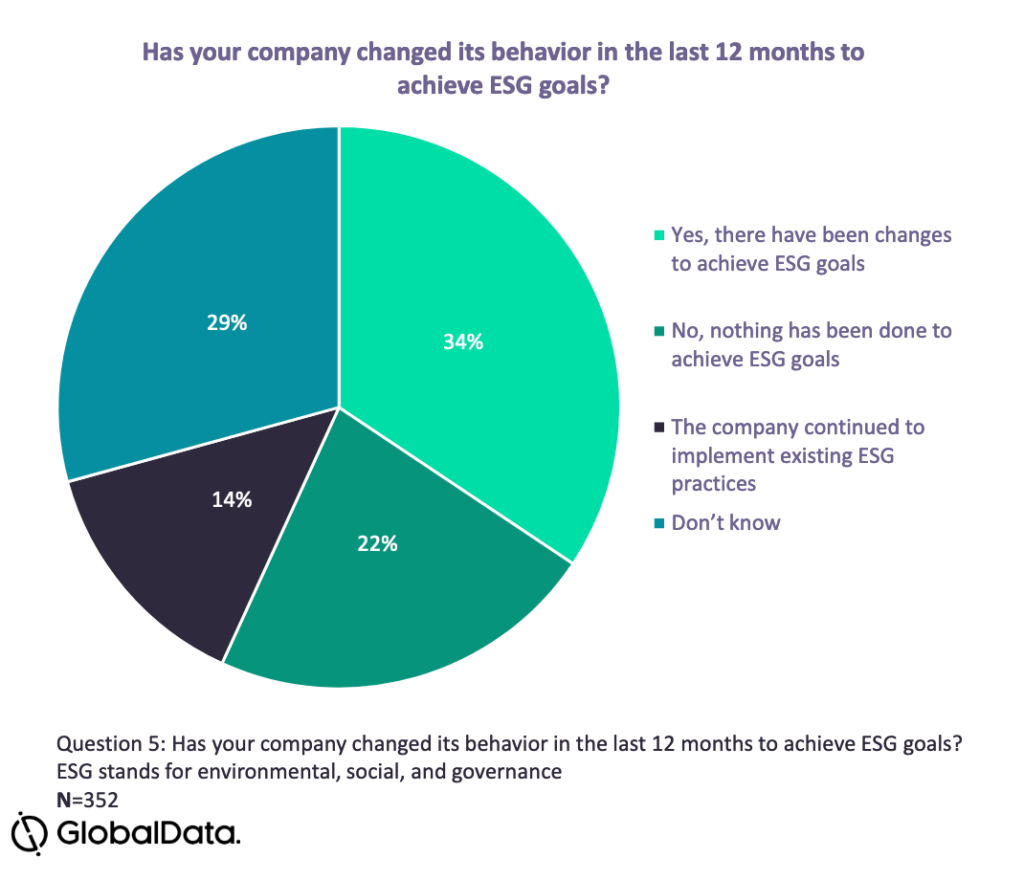
RELEX Solutions has raised a €500m funding round by tapping into investors’ appetite for supply chain tech companies, especially ones enabling corporates to boost their sustainability capabilities.
The Finnish tech venture automates supply chain management and slashes inefficiencies. It will use the new cash injection to recruit developers and experts to its technical team. Growth equity investor Blackstone Growth led the raise, which valued RELEX Solutions at €5bn. The company has previously raised over €200m in funding.
The news comes as venture capitalists have invested almost $7bn into the supply chain technology sector since 2018, according to data from analytics firm GlobalData. Of that, $2.46bn was raised by the sector in the past two years. That figure is bigger than the 24 deals worth a total of $180m raised in 2013. However, that’s still down from the peak of 2019 when 240 deals injected $2.99bn into the sector.
As we reported earlier this week, these cash injections can be linked to the pandemic. The health crisis caused global supply chain disruptions. Social distancing restrictions meant that everything from semiconductors to medicine struggled to get off the factory floor, get shipped and delivered at their final destinations.
The chaos created a demand for improved logistics. Understandably, companies innovating to strengthen supply chains have leveraged the situation to become some of the winners of the coronavirus crisis.
“Retailers see a need for software like ours now more than ever, and they feel the pressure to invest in retail supply chain technology that supports them through times like these so they can adapt to change now, instead of risking going out of business,” Mikko Kärkkäinen, CEO and co-founder of RELEX Solutions, tells Verdict.
How well do you really know your competitors?
Access the most comprehensive Company Profiles on the market, powered by GlobalData. Save hours of research. Gain competitive edge.

Thank you!
Your download email will arrive shortly
Not ready to buy yet? Download a free sample
We are confident about the unique quality of our Company Profiles. However, we want you to make the most beneficial decision for your business, so we offer a free sample that you can download by submitting the below form
By GlobalDataKärkkäinen adds that the era of retail and supply chain planning “dominated by incumbents and their legacy technologies” is over and that companies must embrace the new way. “Consumers] are changing their behaviour and preferences at an unprecedented pace.”
He notes, however, that the embryo of the supply chain revolution was already growing before the pandemic, but that the health crisis accelerated the change.
“Even before Covid-19, the retail sector was undergoing a rapid transformation that has only accelerated over the course of the last year,” Kärkkäinen says.
“Retailers struggle to adapt in a world of constant change, be it consumers changing their shopping behaviours or sudden supply chain shocks and disruptions. Retailers’ ability to adapt to such changes and also keep their operational costs in check is absolutely essential for their profitability and survival.”
One such change is the widely popular just-in-time model. The management strategy was pioneered by Toyota in the 1970s. As the name suggests, businesses adopting the model try to structure supply lines so they receive goods just as they need them, cutting down on storage costs and making sure that money is not tied up in inventory.
However, the model relies heavily on strong supply chains. These chains have grown increasingly complex over the years. When the pandemic hit, that meant several links in the chain broke. Retailers and manufacturers have been forced to rethink their model since.
“Many companies have responded to increasing lead times and scarce supply by trying to pull orders forward and build up additional inventory when possible,” Kärkkäinen says. “However, stockpiling is not a long-term solution to improve supply chain resilience, as overstocking also makes it slow and difficult for companies to respond to changes in market demand and to refresh their assortments. It also increases the risk of waste.”
An alternative to just-in-time is near-shoring, meaning the suppliers are closer to the company. Upending supply chains that have grown over decades is, however, a complex undertaking. As more businesses embark on this journey, it’s clear that there will be a demand for specialised technology to help.
RELEX Solutions taps into growing demand for supply chain solutions
RELEX Solutions stands out from the crowd of tech supply chain companies that have secured funding over the course of the pandemic. For starters, it’s considerably older than many of its rivals. The Finnish company was founded in 2005. RELEX Solutions is also a considerably larger company than many of its peers – it currently employs over 1,300 people globally.
RELEX Solutions has developed a cloud-based platform that helps retailers and brands reduce waste, costs, and manual work by automating and optimising their demand planning, merchandising, supply chain and workforce planning.

The artificial intelligence-powered platform creates forecasts to automate decisions in stores, distribution and fulfillment centres. That includes allocations, replenishment, planograms and workforce planning.
The venture counts Dollar Tree, M&S Food, Franprix, Morrisons, PetSmart, Sephora and Rossmann among its customers.
“With RELEX, we can better forecast our replenishment needs and goods flow throughout the entire supply chain, from suppliers to stores,” says Tuulia Wennerkoski, vice president of supply chain management of SOK, part of the Finnish retailer S Group.
AI has also been identified as one of the technologies most likely to keep business leaders up at night. Sentiment surveys by GlobalData over the last year indicate that interest in AI dipped in the second quarter of 2021 but returned to its previously high level at the end of the year.
Business leaders were also concerned about technologies like cybersecurity, cloud computing, the internet of things and augmented reality, which is intimately linked to Meta founder Mark Zuckerberg’s metaverse vision.
Bigger demand for ESG
Supply chain ventures like RELEX Solutions also help companies prove their environmental chops. Environmental, social and governance (ESG) issues have become three of the biggest themes worrying business leaders. Almost half of corporate chieftains polled by GlobalData say they’ve either implemented or that they are considering implementing new ESG policies.

Several of the tech startups innovating in the supply chain industry have understandably created services that can help businesses meet their ESG commitments. Usually that means things like tracking carbon footprint or finding efficiencies to reduce waste.
Lean startups could arguably have an advantage here compared to bigger incumbents.
“Not only are most startups run by forward-thinking individuals who are more aware of social and environmental issues, but with today’s public and political attitudes towards the environment, it is also more economically viable to ‘go green,’” Milan Kocic, head of Sixth Sense, tech company Hexagon’s open innovation programme, tells Verdict.
“Without legacy processes and infrastructure to content with, startups have a clean slate to start with – I think they are our best route to new processes and solutions that will help us all work towards net zero.”
RELEX Solutions is, unsurprisingly, also keen to showcase its ESG chops. Citing a United Nations Environment Programme report, the company highlights how food waste accounts for between 8% and 10% of all global greenhouse gas emissions, and of the 931 million tonnes of food wasted each year globally, 13% is generated by retailers.
RELEX Solutions of course claim to be able help companies overcome these issues. The platform supposedly achieves this by helping consumer packaged goods companies develop accurate production timelines and ensuring retailers can secure supply in the right amounts in time to meet consumer demand without causing waste. The solution centralises supply chain, space, and workforce data to automatically optimise the flow of goods and use of capacity and resources across the supply chain.
The Finnish company says retailers can cut costs thanks to the platform creating up to a 30% reduction in inventory and approximately 40% less fresh spoilage.
GlobalData is the parent company of Verdict and its sister publications.




Related Company Profiles
Dollar Tree Inc
PetSmart LLC